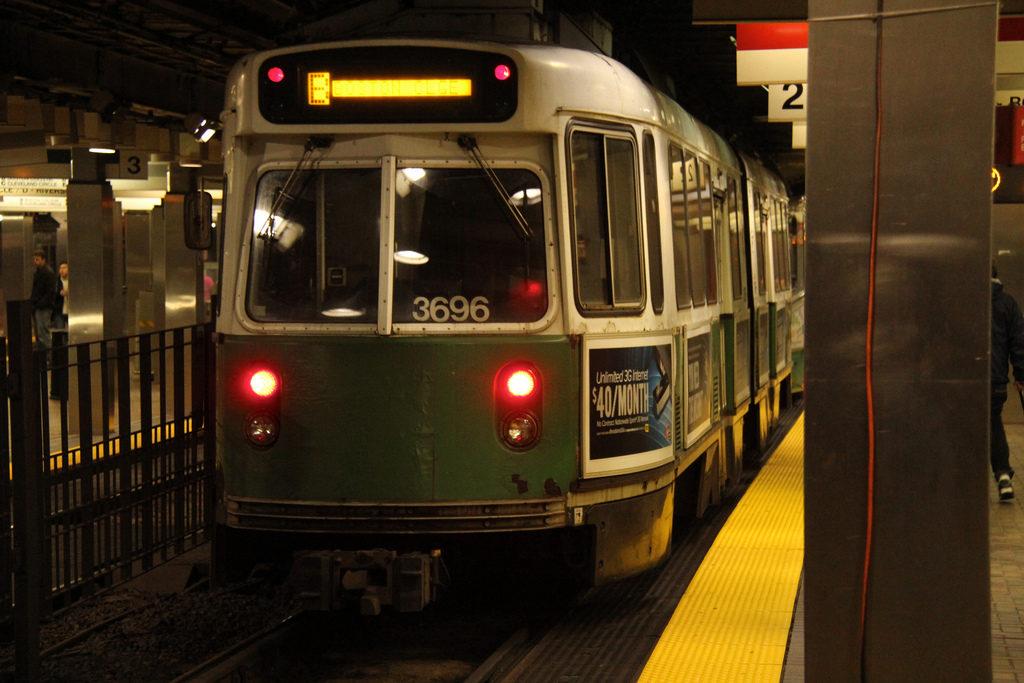Last month, $20 million in federal grants was secured to make infrastructure improvements at Ruggles Station, due in part to advocacy from Northeastern University. Unfortunately, access to these upgrades and public transit services will be out of reach for many.
Northeastern students are easily connected to the city via the Green and Orange Lines and bus routes. We use the MBTA for professional pursuits, for classes and to enjoy the culture of Boston – at a price. A co-op student will spend $450 on monthly passes over six months. Going downtown once a weekend costs $20 monthly. One round-trip alone costs $5.
A University Pass (U-Pass) would form a public-private partnership between the MBTA and Boston-area universities, granting all students unlimited transit passes at discounted rates and limited cost. Universities receive a 50 percent discount from the MBTA, a price that is further split with students and incorporated into fees.
Participation would make Northeastern the first school in Boston with a U-Pass, cementing our role as a leader in innovation. Related press coverage would set Northeastern aside from its peers and attract future students. Northeastern could truly harness Boston as a resource, familiarizing students with mass transit and the opportunities associated with mobility in a world-class city.
This incentive would suppress demand for parking, saving space while helping achieve carbon-neutrality. A successful U-Pass pilot covering our students would also open up potential for faculty and staff expansion, strengthening Northeastern as a whole.
The U-Pass would help fulfill our civic responsibilities, strengthening local businesses and enabling a Youth Pass to ensure greater equity in fares. One in five high school students miss school due to the inability to afford fare; the adoption of a Youth Pass would end this problem and improve our relationship with surrounding communities. These benefits have led city councilors to voice their support for the proposal.
The U-Pass was conceived to provide fixed revenue to the MBTA: passes are purchased in bulk by universities for their student bodies, allowing the MBTA to account for revenue annually and plan services accordingly. This revenue could be used to explore projects like the Youth Pass, as well as expand and improve services like late night.
While the U-Pass is a smart policy, the administration needs student demand before committing to a pilot. Starting Nov. 3, students can participate in the Budget Priorities Survey. We encourage students to utilize this opportunity to indicate their interest in a U-Pass program.
Similar programs have been successfully implemented in cities such as Chicago and San Francisco, but never in a city with as many universities as Boston. It’s time for our city to implement a University Pass, and there is no better school to lead the way than Northeastern.
– Austin Williams is the executive director of the Husky Environmental Action Team. Jake Berman is the president of the Northeastern University Huskies for Alternative Transportation.
Photo courtesy Creative Commons.









